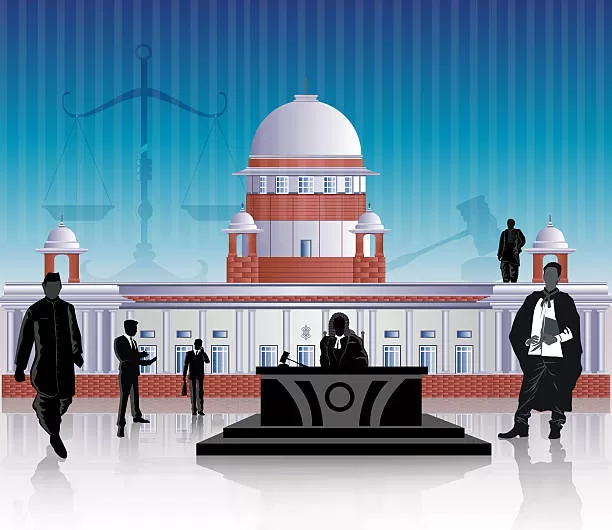

Trishakti Industries Secures Major Tata Steel Order
Trishakti Industries Limited has secured a significant order from Tata Steel Ltd for the deployment of advanced machinery and skilled manpower at one of the steel major’s flagship project sites.The contract, awarded domestically, involves the hiring of machines along with manpower, with execution set to be completed by 20th September 2025. The initial contract period is 12 months. The total fresh capital expenditure for the project is approximately Rs 1.5 million, while the overall contract value is expected to exceed Rs 5 million inclusive of taxes.This order marks a reinforcement of top-ti..

Kalpataru Projects Secures Rs 27.2 Billion in New Orders
Kalpataru Projects International Limited (KPIL), a leading EPC player in the power transmission and distribution (T&D) and civil infrastructure sector, along with its international subsidiaries, has received new orders and notifications for projects worth approximately Rs 27.2 billion.The projects include:Power Transmission & Distribution (T&D) initiatives in India and overseas.Buildings and Factories (B&F) projects in India.Manish Mohnot, MD & CEO of KPIL, said, “We are delighted with the strong ordering momentum in our T&D and B&F businesses. The orders include ..

ACME Solar Secures Rs 38.92 Billion Financing for Barmer Project
ACME Solar Holdings rose 2.05 per cent to Rs 308.50 after its wholly owned subsidiary, ACME Venus Urja, secured long-term project financing of Rs 38.92 billion from the State Bank of India (SBI).The funds will be utilised for the development and construction of a 400 MW Firm and Dispatchable Renewable Energy (FDRE) project in Barmer, Rajasthan. The loan repayment is structured over 19 years.The Barmer-based FDRE project is contracted with NHPC at a tariff of Rs 4.64 per unit. It will integrate solar power generation with a Battery Energy Storage System (BESS) to ensure higher reliability and d..
















